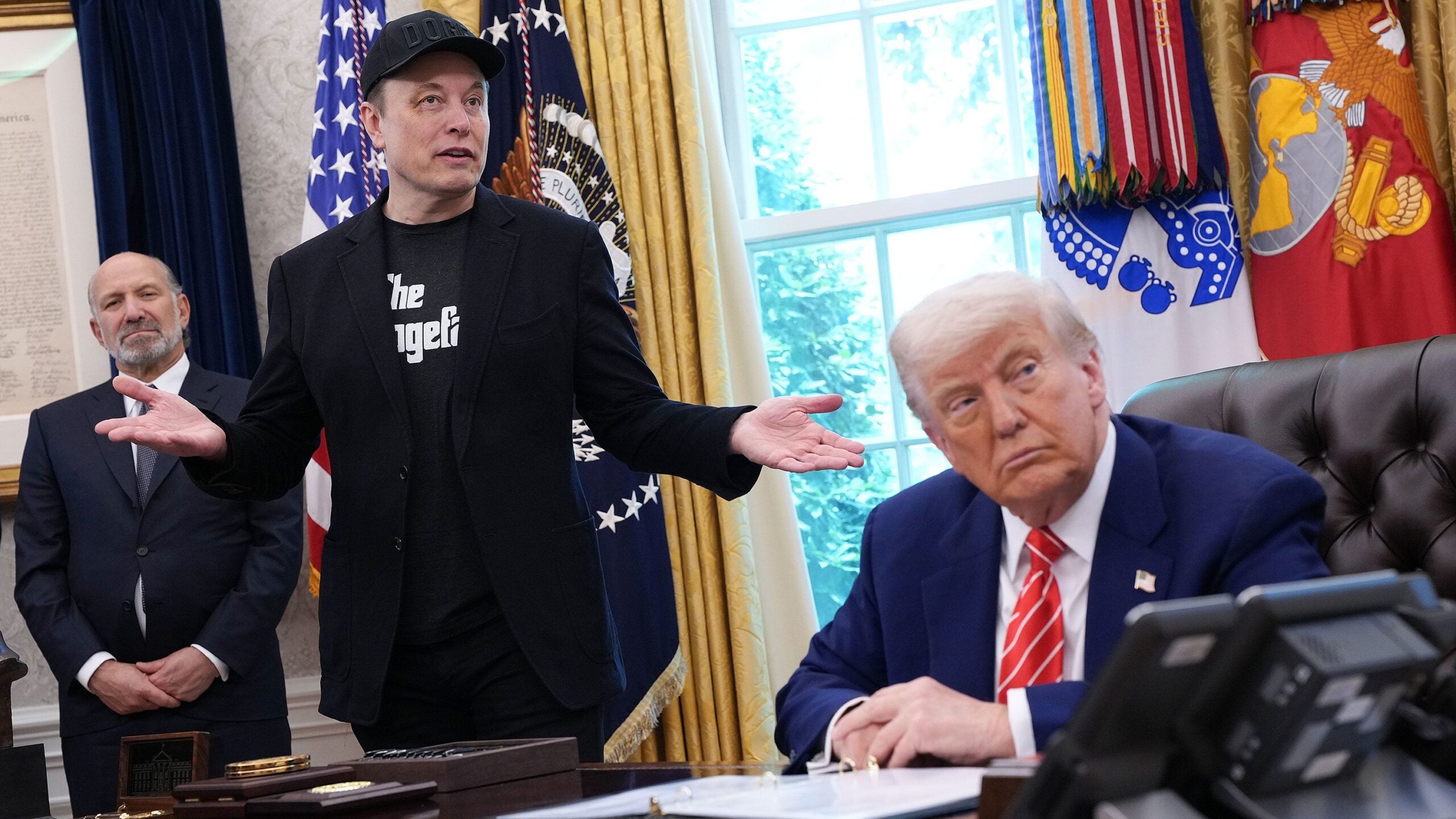Elon Musk’s Bold Critique of Trump’s Agenda Bill
Elon Musk, the influential tech billionaire and CEO of Tesla, recently made headlines by expressing his vehement opposition to President Donald Trump’s proposed agenda bill. His critique was sharp, labeling the massive Congressional spending package as a “disgusting abomination” filled with unnecessary expenditures. In a flurry of posts on social media platform X, Musk made it clear that he believes the bill represents a significant misstep for the country’s fiscal health.
Musk’s Public Outcry
In a notable tweet, Musk voiced his frustration: “I’m sorry, but I just can’t stand it anymore. This massive, outrageous, pork-filled Congressional spending bill is a disgusting abomination." He urged lawmakers who supported the bill to reconsider, declaring, “Shame on those who voted for it: you know you did wrong.” His message resonated with many resistance-minded constituents who share similar fiscal concerns.
Adding to his criticism, Musk asserted that Congress is leading the nation toward bankruptcy. His social media presence has played a crucial role in mobilizing public opinion and dialogue around pressing national issues. In an ominous prediction, he even stated, “In November next year, we fire all politicians who betrayed the American people.”
Reaction from the White House
Musk’s remarks caught several White House officials off guard. Although they were aware of his previous reservations regarding the bill, they did not anticipate such a strong public response, especially given Musk’s history of engaging in discussions with White House staff and GOP members. White House Press Secretary Karoline Leavitt responded to Musk’s criticism during a press briefing, reaffirming the administration’s commitment to the bill: “The president already knows where Elon Musk stood on this bill. It doesn’t change the president’s opinion — this is one big, beautiful bill and he is sticking to it.”
Congressional Responses
Reactions from key congressional figures have been equally pronounced. House Speaker Mike Johnson strongly defended the legislation, expressing disappointment in Musk’s assessment. Johnson mentioned a recent “very friendly conversation” he had with Musk, where he had highlighted the bill’s positive aspects. “Elon is missing it, OK? And it’s not personal. I know that the [electric vehicle] mandate’s very important to him,” Johnson remarked, making it clear that he believes Musk’s criticism overlooks critical benefits of the package.
The Stakes for Tesla
Interestingly, Musk’s vocal opposition may be informed by the implications the bill has for his company, Tesla. The legislation threatens to eliminate federal tax credits that currently benefit consumers purchasing certain electric vehicles, incentivizing them with up to $7,500 off of eligible models. This potential loss directly affects Tesla’s market position and could disrupt the burgeoning electric vehicle sector.
GOP Dynamics and the Debt Ceiling
As the bill races toward a critical vote, Senate Majority Leader John Thune described Musk’s criticisms as a “difference of opinion,” indicating that the Senate will continue pushing forward with the legislation despite the billionaire’s dissent. Republican Senator Rand Paul publicly echoed Musk’s sentiments, insisting that the bill adds too much to the national debt. Paul, a vocal opponent of the proposed legislation, emphasized the necessity for revisions, particularly regarding the debt ceiling, which he argues should not be tied to the spending package.
Conversations Behind the Scenes
In the days leading up to Musk’s comments, President Trump engaged extensively with several GOP senators, including Paul. Their discussions revealed significant rifts within the party regarding the bill’s contents and its implications for fiscal responsibility. Paul emphasized to Trump that he cannot support the bill as long as it includes an increase in the debt ceiling, a stance that reflects a broader division within Republican ranks.
While the timeline to finalize the bill remains ambitious, with congressional leaders striving for a resolution by July 4, the discussions around it are marked by escalating tensions, personal dynamics, and the ongoing influence of figures like Musk.
This unfolding narrative continues to gain traction, underscoring the intricate interplay between technology, politics, and public sentiment in today’s fast-paced information landscape.


